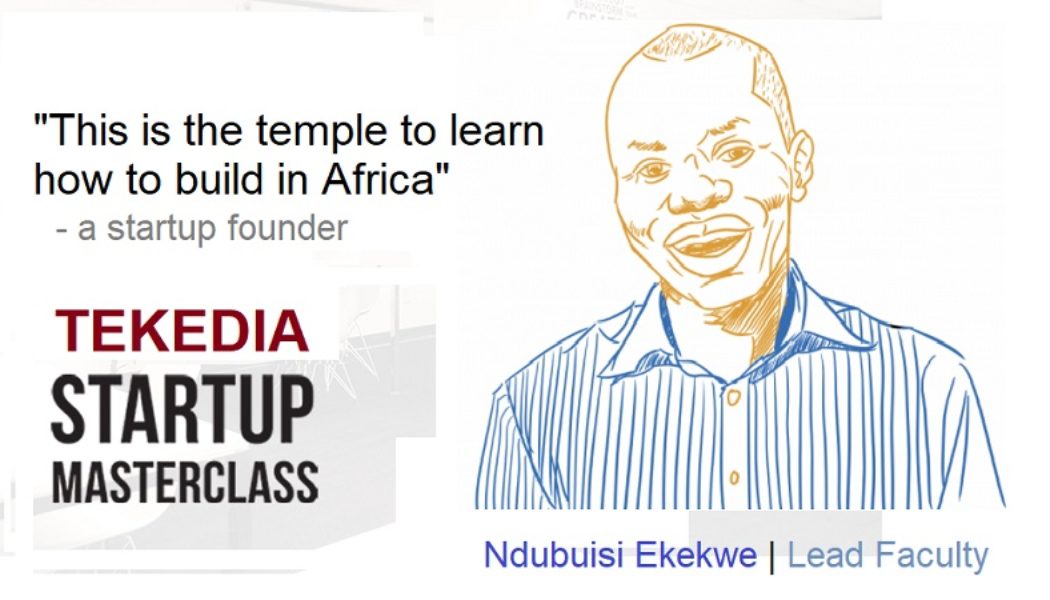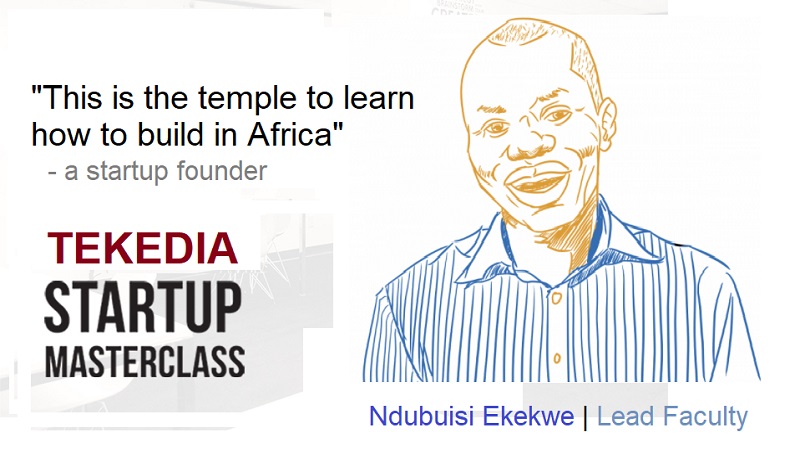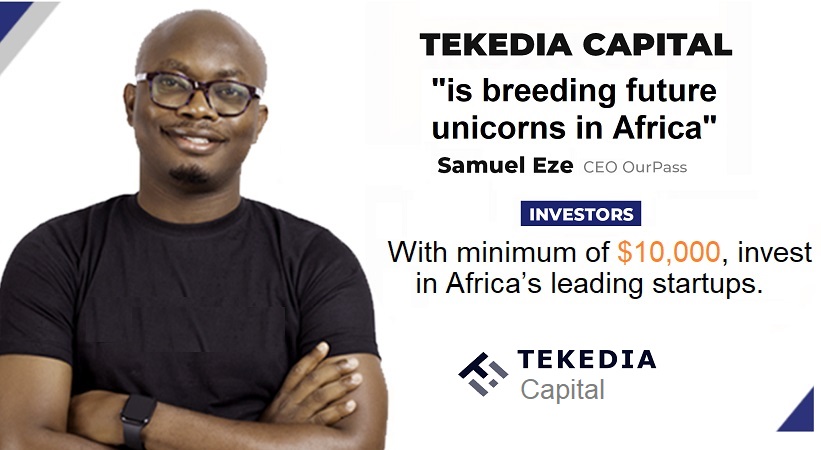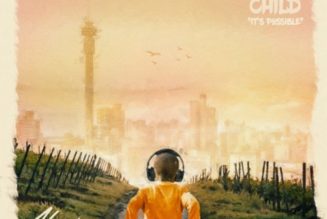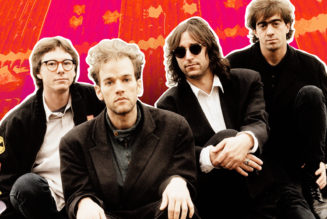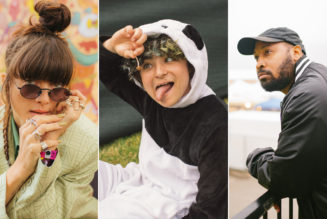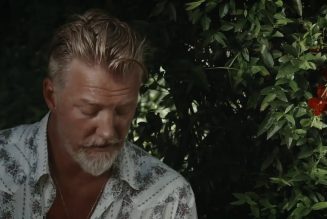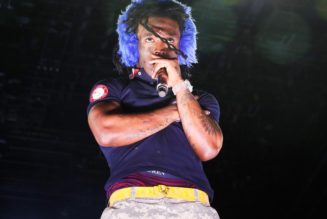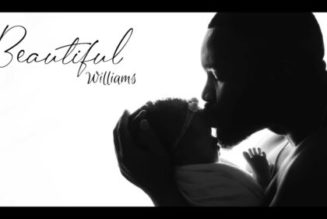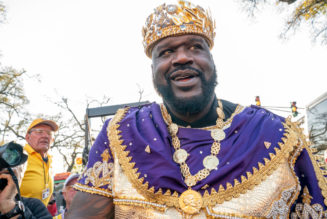Music rights are not properly talked about in Nigeria and Africa. I believe Nigerian music makers do not even know that there is a type of intellectual property rights called music copyright which they own in every piece of music they have created. That right is transferable, i.e. it can be transferred from the creator (the Licensor) to another person (the Licensee).
When a musician creates an original work of music, that song becomes his intellectual property; he now owns an intellectual property right called copyright over that song. By law, that property cannot be used by anyone other than the copyright owner without written consent or permission from the owner; if anybody dares use any part of the song without obtaining written consent from the original owner it becomes theft which is called intellectual property theft or copyright infringement.
That written consent is called a Licence or assignment of copyright which can either be exclusively or non-exclusively given to the licensee.
- Join Tekedia Capital Syndicate and own a piece of Africa’s finest startups. Learn more on this one page.
- Explore and register anytime for Tekedia Investment and Portfolio Management program here.
- Tekedia Mini-MBA (June 5 – Sept 2 2023) opens NEW registrations; beat early birds for discounts by registering here.
Exclusive License means that the owner of the song has outrightly assigned or transferred every right in the song to the licensee and he is not legally permitted to grant the same right to another party on the same song either for life or for a fixed number of years.
Non-exclusive right means that though the owner of the song has assigned the right of usage to a licensee that right is not exclusive to that particular purchaser, the song owner is at the liberty to assign the right to the song to another fellow or different other people as well.
An exclusive license costs more than a non-exclusive license. For instance, some artistes have assigned the mechanical Licence of their songs to a particular digital streaming platform. It means that you can only get to see or play that particular song only from that digital platform, this means the digital platform has acquired an exclusive mechanical license over that song but when an artiste’s song is on different streaming platforms, each of those platforms owns non-exclusive mechanical Licence over that song.
There are basically three kinds of rights a licensor can grant the licensee in music. Please note that a Licensor is the music creator who made, sang and owns the song while the licensee is another party whom right has been given by the owner of the song to use the song for any purpose:
1. Synchronization Licence: When a movie producer wants to dub a song or synchronize a part or all parts of the song as a soundtrack in the movie he is making (ie harmonize music into a movie), he needs to first obtain a kind of license called the synchronization Licence from the owner of the song before he can use it on his movie.
For instance, In Nollywood movies, Stanley Okorie has come to become the most famous soundtrack maker for Nollywood movies. He is the one that sang a particular song that is currently trending; “Billionaire Onye Ji cash”, that particular song was made for a movie.
The Nollywood movie producers that have ever used any song made by Stanley Okorie need a kind of license to be able to legally use his songs in their movies and that kind of right is called a synchronization Licence.
Second example: There is a deal I worked on last year where I represented a client who is a musician. Amazon prime needed to obtain a Licence for the song “Ku lo sa Dancehall Afro Cover by Keasungs” to be used for their television production of the Savage X Fenty volume 4 launch, they obtained a kind of license known as a synchronization Licence from us for them to be able to legally do that.
- Mechanical license: For digital streaming platforms like Spotify, Audiomack, Apple Music, Boomplay, Mkito, UduX, Mziki or even YouTube etc to have any song on their digital platforms they need to first obtain a kind of Licence known as the Mechanical license from the music owners. Mechanical Licence is therefore the kind of license granted by a music owner to digital streaming platforms, granting them rights to have the song on their platform which can either be exclusive to one digital streaming platform or non-exclusively issued to different music streaming platforms.
-
Performance Licence or broadcast rights. This is the kind of rights radio stations, television stations or public domains need to obtain first from a music creator before they can be able to play the artiste’s song on their airwaves. If an artiste makes a song and that song is adopted and used as a song played in airports or malls or other public places, the Airport operators or mall owners need to first obtain a kind of Licence from the music owner and that Licence is called performance Licence or broadcast right.
The other kind of music Licences includes; Master’s licence, Print Licence and Theatrical Licence.
Now that you know the kind of different licenses that exist in a music you made, do not get ripped off, get a lawyer, you need to get well paid for your crafts.
